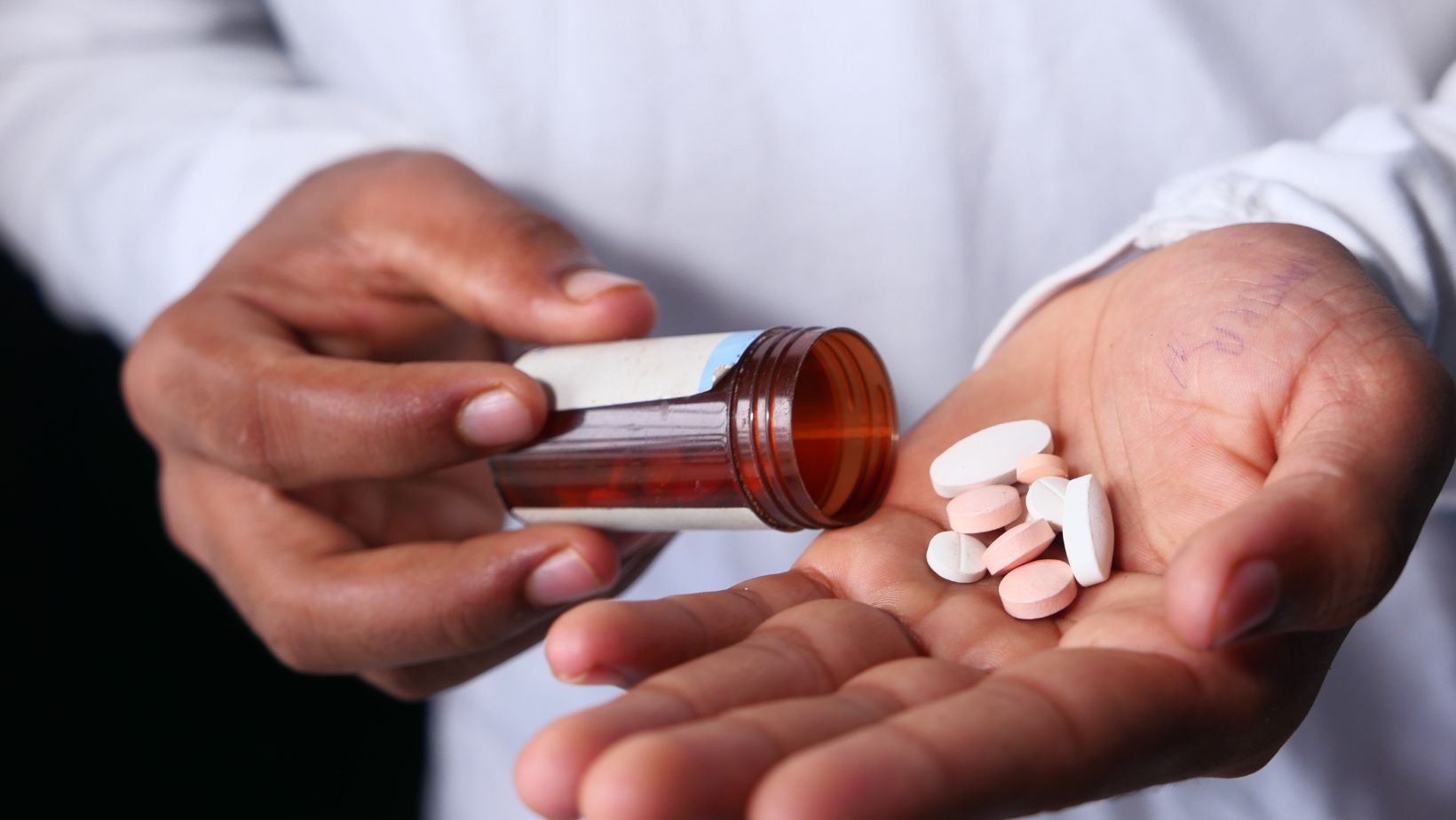For women who’ve been prescribed painkillers but find themselves unable to stop, it can feel like an uphill battle. But you are not alone, and there is hope. Across the country, resources and support systems are designed to help women navigate the path to recovery with strength and compassion. Here are 9 uplifting resources to help you take that brave step toward a healthier, brighter future.
Reach Out to Your Healthcare Provider
Your journey to freedom from painkillers can begin with a simple conversation. Talk to your doctor or pharmacist about the difficulties you’re facing. They are there to help and can provide solutions such as tapering plans to gradually reduce your dependency or referrals to specialists in addiction medicine.
Many healthcare providers understand the complexities of prescription drug dependency and will work with you to create a plan that feels manageable and safe. This first step is an empowering move toward regaining control.
Explore Local Support Groups
There’s immense power in sharing your story with others who understand your experience. Local support groups, like Narcotics Anonymous (NA) or women-specific recovery groups, offer safe spaces to connect, share, and heal together.
These groups are not just about accountability; they are about building a network of understanding individuals who can provide guidance and encouragement. Some communities even offer specialized meetings for women, ensuring a nurturing environment where you can feel seen and heard.
Utilize Online Communities and Resources
If attending in-person meetings feels daunting, online communities can be a fantastic alternative. Platforms like SMART Recovery and forums dedicated to women in recovery offer anonymity and accessibility, making it easier to reach out for help from the comfort of your home.
Many online resources also provide educational materials, motivational tools, and virtual support meetings. These digital spaces are a lifeline for those who need flexible and immediate support.
Consider Professional Counseling
Therapists who specialize in addiction can be instrumental in helping you understand and overcome the root causes of your dependency. Counseling can help address any underlying issues, such as stress, trauma, or chronic pain, that may have contributed to your reliance on painkillers.
Cognitive Behavioral Therapy (CBT) and other evidence-based approaches are particularly effective. Many women find that therapy not only helps them manage their addiction but also empowers them to create healthier coping mechanisms for life’s challenges.
Look Into Detox Programs
For women who feel overwhelmed by the idea of quitting on their own, programs such as drug detox, holistic drug rehab, and recovery training provide a safe and supportive environment to start the process.

These programs are designed to help your body safely withdraw from painkillers while minimizing discomfort and managing potential health risks.
Many detox facilities also offer women-focused services, ensuring a compassionate approach tailored to your unique needs. By taking advantage of these professional resources, you’ll be surrounded by a team dedicated to your well-being and recovery.
Leverage Hotlines and Helplines
Sometimes, you just need someone to talk to. Helplines like the Substance Abuse and Mental Health Services Administration (SAMHSA) hotline offer free, confidential support 24/7. Their trained professionals can provide guidance, answer questions, and connect you to local resources.
Having a direct line to help can be a game-changer when you’re feeling uncertain or overwhelmed. These services are a reminder that help is always just a phone call away.
Empower Yourself Through Education
Understanding your situation is a powerful step in overcoming it. Educate yourself about the nature of addiction, the effects of painkillers, and the resources available to support your recovery. Knowledge can reduce fear and stigma, replacing it with confidence and determination.
Books, podcasts, and reputable websites focused on women’s health and addiction recovery can provide valuable insights. Armed with this information, you can make informed decisions about your next steps and feel more in control of your journey.
Involve Trusted Friends and Family
You don’t have to face this alone. Reach out to the people who care about you and let them know what you’re going through. Whether it’s a shoulder to lean on, someone to attend meetings with, or just a listening ear, the support of loved ones can make a world of difference.
Be honest about your struggles and your goals for recovery. Building a team of supportive allies ensures you have encouragement and accountability every step of the way.
Focus on Self-Care and Wellness
Recovery isn’t just about stopping painkillers; it’s about creating a life that feels worth living. Incorporate self-care practices into your daily routine, such as exercise, healthy eating, and mindfulness. These small but powerful habits can help you build physical strength, emotional resilience, and a sense of peace.
Exploring creative outlets like art, journaling, or music can also be incredibly therapeutic. By prioritizing your well-being, you’re sending yourself the message that you are worthy of love and care.
























